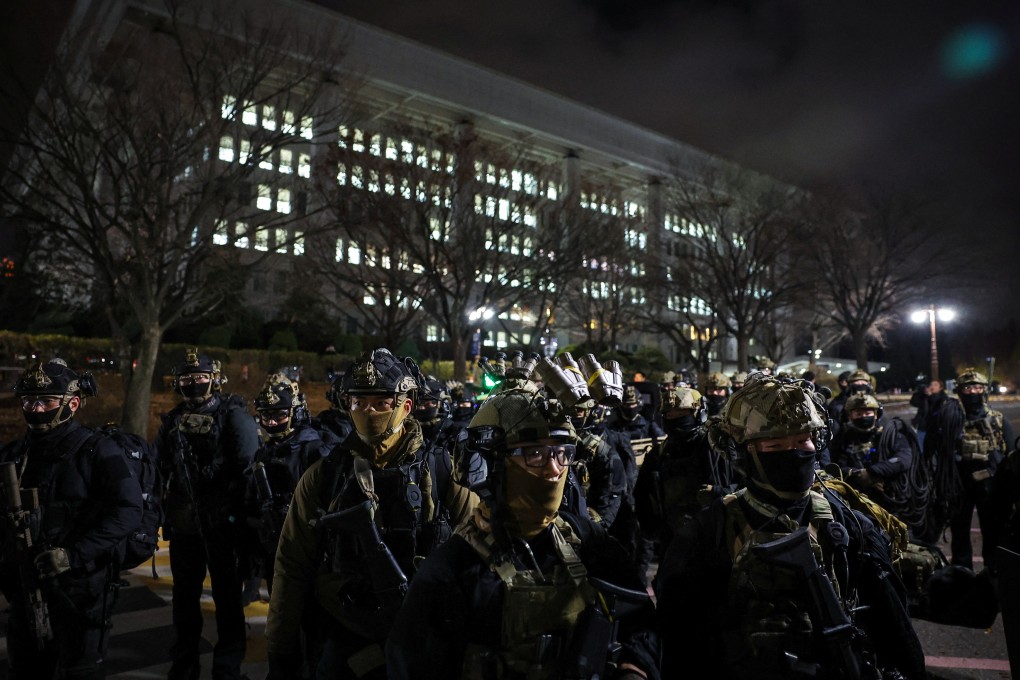South Korea’s martial law sends brief tremors through Chinese tourists, firms
South Korea’s six hours of martial law caused some concern among Chinese tourists and tradespeople, but most effects should be short-term

The surprise imposition of martial law by the South Korean president – an action reversed by the country’s legislature in a matter of hours – is likely to have some impact on Chinese tourists and cause short-term currency fluctuations, but no lasting effect on trade and investment between Beijing and Seoul is expected, said company executives and analysts.
Tourists would have some apprehensions – albeit temporary ones – about travelling to South Korea in the wake of the crisis, said Steven Zhao, CEO of China Highlights. “I expect some effect, but it will pass quickly,” added the founder of the Guilin-based online travel agency. “[Fear] would be just one stage.”
“In our social media trending tool, we see martial law issues have been trending across Weibo, Douyin, Baidu and Zhihu as the top three topics, with a high negative net sentiment rating – 75.7 per cent,” said Subramania Bhatt, CEO of travel marketing and technology company China Trading Desk.
“While the full impact will take some time to ascertain, there has been chatter on social media to be cautious and also to postpone non-essential trips to South Korea. In the near term, potential tourists are going to wait to understand the situation better and plan slower for trips to South Korea.”
